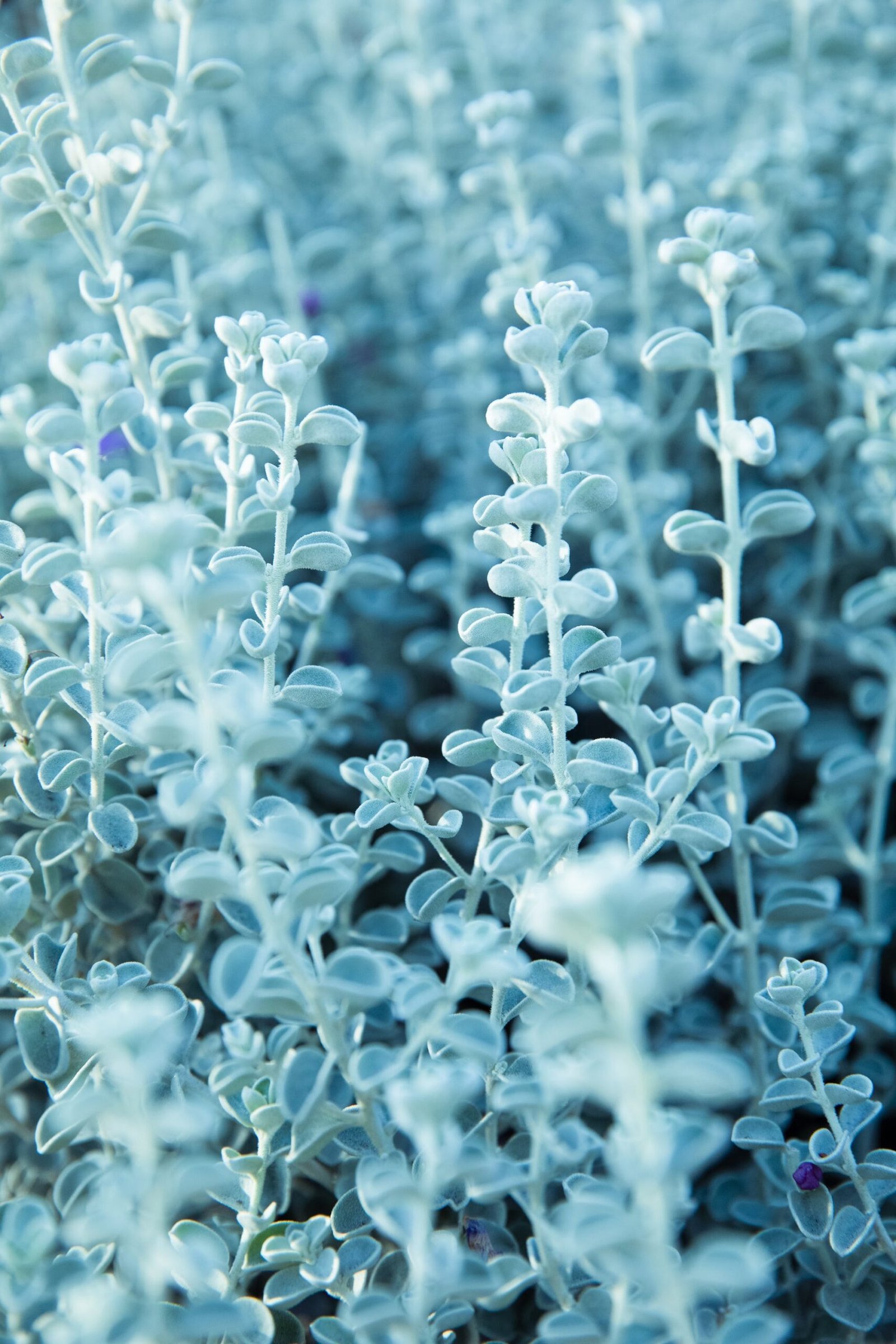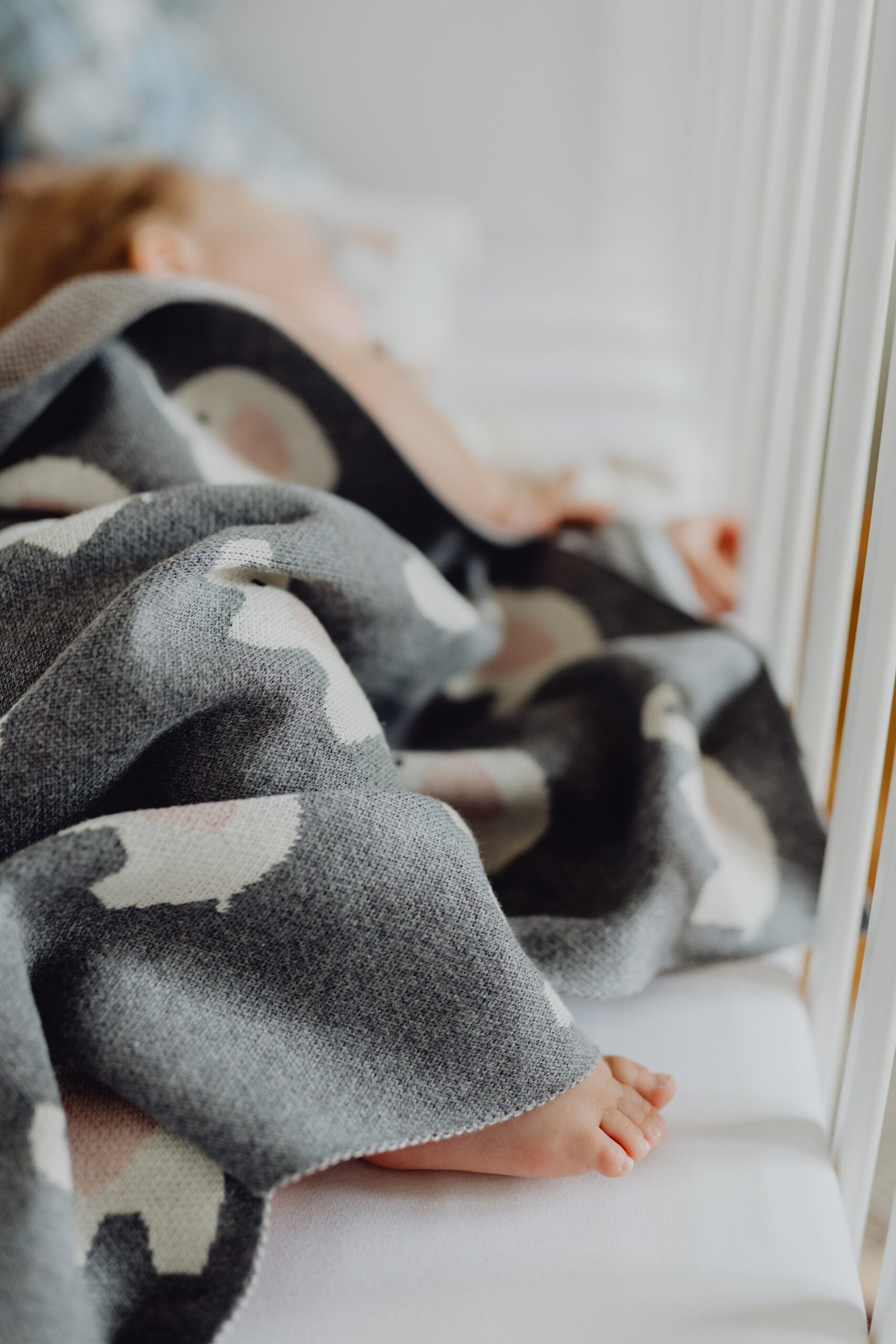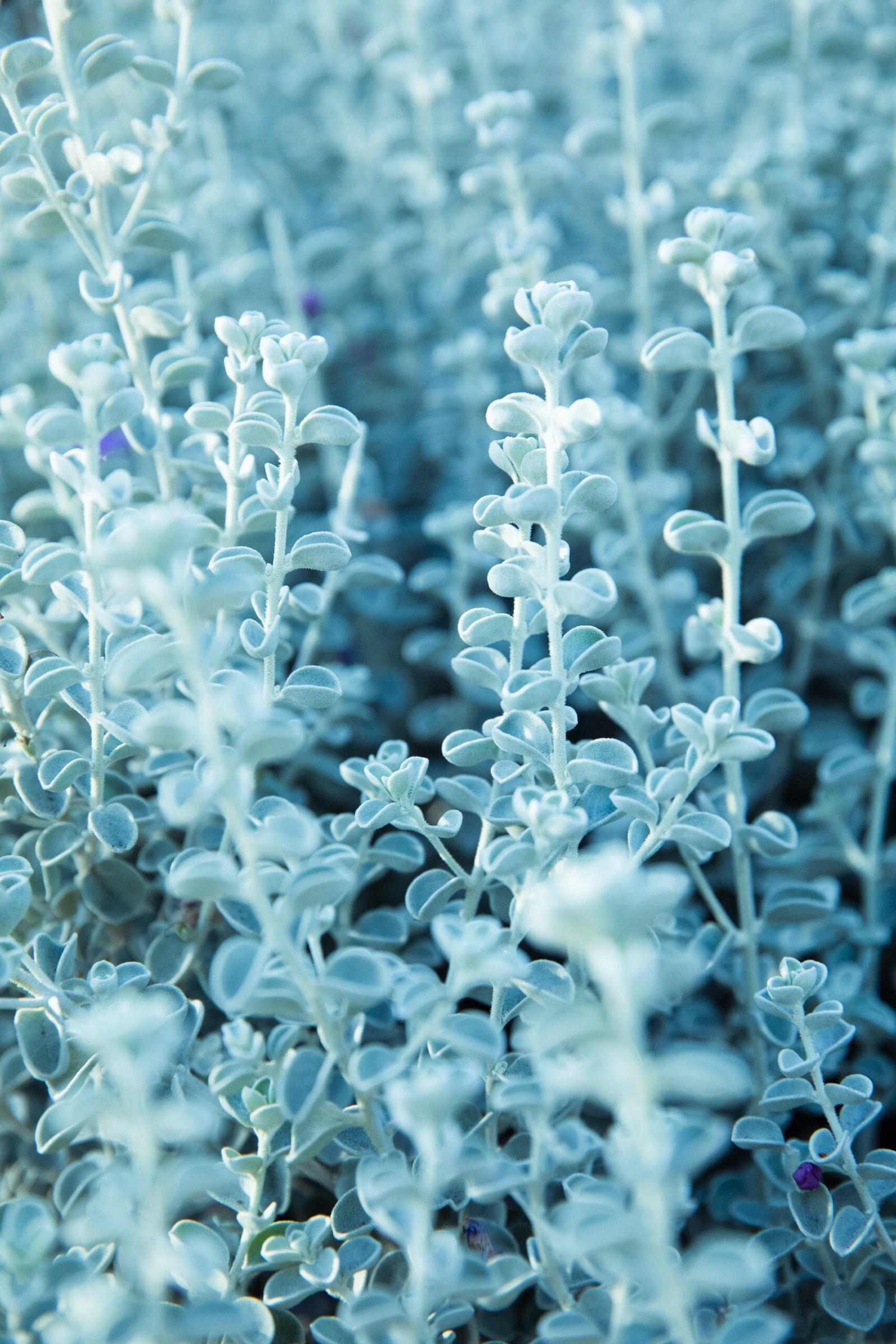
Imagine drifting off to sleep in a cozy, cold room, enveloped in a comforting duvet. Surprisingly, sleeping in a cold room can have numerous benefits for your overall well-being. From improving the quality of your sleep to boosting your metabolism, this article explores the advantages of embracing the chill at night. Say goodbye to restless nights and hello to a more rejuvenated you by embracing the cold room phenomenon.

Benefits of Sleeping in a Cold Room
Sleeping in a cold room offers numerous benefits that can significantly improve your overall sleep quality and well-being. From promoting deeper sleep to potentially aiding weight loss, there are several reasons why you might want to consider turning down the thermostat before hitting the hay. In this article, we will explore the various advantages of sleeping in a cold room and how it can positively impact your sleep, metabolism, and melatonin production.
Improved Sleep Quality
One of the most significant benefits of sleeping in a cold room is the improvement in sleep quality. When you sleep in a colder environment, it promotes deeper and more restorative sleep. Lowering the temperature signals your body to enter a state of relaxation and encourages your mind to wind down. As a result, you can experience fewer awakenings during the night and wake up feeling more refreshed in the morning.
Potential Weight Loss
Believe it or not, sleeping in a cold room may even have an impact on weight loss. Studies have shown that exposure to cold temperatures can activate a type of fat called brown fat, which burns calories to generate heat. By sleeping in a colder room, you stimulate this brown fat activity, potentially leading to increased calorie burning. Additionally, a cold sleeping environment is also known to improve insulin sensitivity, which can further aid in weight loss efforts.

Enhanced Metabolism
Sleeping in a cold room can also have a positive influence on your metabolism. Cold temperatures stimulate a process called non-shivering thermogenesis, which is the production of heat by your body through processes other than shivering. This increased heat production can boost your metabolic rate and result in higher energy expenditure. Furthermore, a cold sleeping environment is also known to facilitate fat oxidation, allowing your body to burn fat more efficiently.
Increased Melatonin Production
Melatonin, often referred to as the sleep hormone, plays a crucial role in regulating your sleep-wake cycle. Sleeping in a cold room can actually enhance melatonin production, leading to improved sleep induction and regulation. The cooler temperature signals your body that it’s time to sleep and encourages the release of melatonin, helping you fall asleep faster and stay asleep throughout the night. This increased melatonin production can contribute to a more restful and rejuvenating sleep experience.
Effects on Sleep Quality
Promoting Deeper Sleep: A colder room creates a conducive environment for deeper sleep. The cool temperature helps relax your body and mind, allowing you to fall into a deeper state of slumber. Deep sleep is essential for restoring energy, repairing tissues, and boosting overall cognitive function.
Reduces Sleep Disturbances: Another benefit of sleeping in a cold room is the potential reduction in sleep disturbances. The chilly temperature helps regulate your body temperature and prevents overheating, reducing the likelihood of night sweats, tossing and turning, and waking up due to discomfort.
Regulates Body Temperature: Our body temperature naturally drops as we sleep, signaling it’s time for rest. A cold sleeping environment supports this natural drop in body temperature, syncing your internal clock and promoting a more steady and restful sleep.
Prevents Night Sweats: For individuals who experience night sweats, sleeping in a cold room can provide relief. The cooler temperature helps keep your body temperature in check, reducing the likelihood of excessive sweating during the night and allowing for a more comfortable sleep experience.

Impact on Weight Loss
Activation of Brown Fat: Brown fat is a type of fat that helps burn calories to generate heat. When you sleep in a cold room, the cold temperature activates your brown fat, leading to increased calorie burning and potential weight loss.
Increased Calorie Burning: Alongside the activation of brown fat, sleeping in a cold room can also lead to increased calorie burning in general. The body works harder to generate heat in a colder environment, resulting in a higher metabolic rate and greater energy expenditure.
Improved Insulin Sensitivity: A cold sleeping environment has been found to improve insulin sensitivity, which is a key factor in managing weight. Improved insulin sensitivity allows your body to more effectively process glucose, potentially reducing the risk of weight gain and improving overall metabolic health.
Influence on Metabolism
Stimulates Non-Shivering Thermogenesis: When exposed to cold temperatures, your body activates a process known as non-shivering thermogenesis. This process involves the production of heat without the need for shivering, resulting in increased energy expenditure and a boost to your metabolic rate. Sleeping in a cold room can stimulate this thermogenic response, aiding in weight management and overall metabolic health.
Boosts Metabolic Rate: A cold sleeping environment can also have a positive impact on your metabolic rate, the rate at which your body burns calories. Cooler temperatures promote an increase in metabolic activity, allowing your body to burn calories more efficiently and effectively.
Facilitates Fat Oxidation: In addition to boosting metabolic rate, sleeping in a cold room facilitates fat oxidation. Fat oxidation is the process by which your body utilizes stored fat as an energy source. This can be especially beneficial for individuals looking to lose weight or improve body composition.
Relationship Between Cold Temperature and Melatonin
Role of Melatonin in Sleep Regulation: Melatonin is a hormone produced by the pineal gland in the brain, and it plays a crucial role in regulating your sleep-wake cycle. Melatonin levels naturally rise in the evening to signal your body that it’s time to sleep and decrease in the morning to signal wakefulness.
Cold Temperature and Melatonin Production: Sleeping in a cold room can positively influence melatonin production. Cooler temperatures stimulate the release of melatonin, helping to regulate your sleep-wake cycle and promote a more consistent and restful sleep.
Enhanced Sleep Induction: With increased melatonin production due to the cold sleeping environment, you may find it easier to fall asleep. The combination of a cooler room and higher levels of melatonin can enhance sleep induction, allowing you to drift off more quickly and experience better overall sleep quality.
Potential Risks and Considerations
Individual Preferences and Comfort: While sleeping in a cold room offers numerous benefits, it’s essential to consider your individual preferences and comfort levels. Some individuals may find cooler temperatures uncomfortable or disruptive to their sleep. Experimenting with different temperature settings and finding what works best for you is key.
Negative Impact on Sleep Quality for Some: While many people benefit from sleeping in a cold room, it’s important to note that it may not be suitable for everyone. Some individuals may find that cooler temperatures negatively impact their sleep quality, leading to increased sleep disruptions or discomfort. Pay attention to your body’s response and adjust the temperature accordingly.
Adverse Effects on Health Conditions: Certain health conditions, such as asthma or Raynaud’s disease, may be exacerbated by sleeping in a cold room. If you have any pre-existing health conditions, it’s advisable to consult with your healthcare provider before making any significant changes to your sleeping environment.
Safety Measures for Cold Sleeping Environment: When opting for a colder sleeping environment, it’s crucial to ensure your safety and well-being. Use appropriate bedding to keep yourself warm, maintain adequate insulation to prevent heat loss, and consider using a humidifier if the air becomes too dry. It’s essential to strike a balance between the benefits of a cold room and your personal comfort.
Ideal Temperature for Sleeping
Recommended Temperature Guidelines: While ideal temperature preferences may vary from person to person, experts generally recommend keeping the bedroom temperature between 60 to 67 degrees Fahrenheit (15 to 19 degrees Celsius) for optimal sleep. This range allows for a cool and comfortable sleep environment without being excessively cold.
Considerations for Adjusting Thermostat: Adjusting the thermostat to achieve the recommended sleep temperature involves finding the right balance between personal comfort and the benefits of a cooler room. Take into account your preferences, the outside temperature, and any potential health conditions that may affect your response to colder temperatures.
Personal Comfort and Experimentation: Ultimately, your personal comfort should guide your decision in finding the ideal temperature for sleeping. Experiment with different temperature settings to determine what provides the most restful and comfortable sleep for you. Remember, the goal is to create an environment that promotes relaxation, restorative sleep, and overall well-being.
Optimizing Sleep in a Cold Room
Choose Appropriate Bedding: When sleeping in a cold room, it’s crucial to choose appropriate bedding that provides the necessary insulation and warmth. Opt for materials such as flannel or fleece sheets, thermal blankets, and a warm comforter or duvet. Layering bedding can also be beneficial, allowing you to adjust the warmth levels as needed.
Maintain Adequate Insulation: To prevent heat loss and maintain a comfortable sleep environment, ensure your room is adequately insulated. Properly sealed windows and doors, as well as insulation in the walls, can help retain warmth and prevent drafts. This insulation will contribute to a more stable and consistent temperature throughout the night.
Use Humidifier if Required: Cold temperatures can often lead to dry air, which may cause discomfort or respiratory issues for some individuals. If you find that the air in your cold room becomes too dry, consider using a humidifier to add moisture and improve overall air quality. Be sure to clean and maintain the humidifier regularly to prevent the growth of mold or bacteria.
Maintain Consistent Regular Sleep Schedule: Establishing a regular sleep schedule is essential for optimizing sleep quality, regardless of the room temperature. Aim to go to bed and wake up at the same time every day, even on weekends. Consistency helps regulate your body’s internal clock, making it easier to fall asleep and wake up naturally.
Tips for Better Sleep Quality
Establish a Bedtime Routine: Engaging in a relaxing bedtime routine can signal to your body that it’s time to wind down and prepare for sleep. Consider activities such as reading a book, taking a warm bath, or practicing relaxation techniques like deep breathing or meditation. Developing a consistent routine will enhance your sleep quality, regardless of the room temperature.
Avoid Electronic Devices: The blue light emitted by electronic devices, such as smartphones, tablets, and televisions, can interfere with your sleep-wake cycle. To optimize your sleep quality in a cold room, avoid using electronic devices for at least an hour before bed. Instead, opt for activities that promote relaxation and prepare your body and mind for sleep.
Create a Dark and Quiet Sleeping Environment: Minimize any distractions that may disrupt your sleep in a cold room. Use blackout curtains or blinds to darken the room, block out any noise with earplugs or a white noise machine, and remove any electronic devices that emit light or noise. Creating a serene and quiet environment will facilitate better sleep quality.
Limit Caffeine and Alcohol Intake: Caffeine and alcohol can interfere with your sleep patterns and negatively impact sleep quality. To optimize your sleep in a cold room, avoid consuming caffeine or alcohol in the evening, as these substances can disrupt the natural sleep-wake cycle and lead to restless or fragmented sleep.
Conclusion
Sleeping in a cold room can offer numerous benefits that contribute to improved sleep quality, weight management, and overall well-being. From promoting deeper sleep to boosting metabolism and increasing melatonin production, there are compelling reasons to consider adjusting the thermostat before bedtime. However, it is essential to consider individual preferences, health conditions, and safety measures when choosing a colder sleeping environment. By optimizing your sleep in a cold room through appropriate bedding, insulation, and personal comfort, you can experience the full advantages of a cooler sleeping environment and enjoy a restful night’s sleep.





